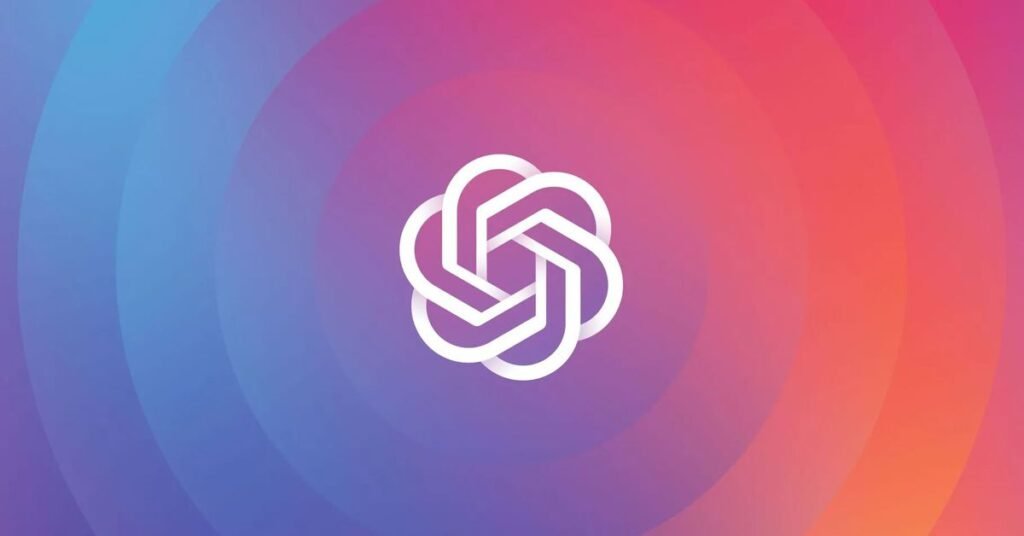The United States Patent and Trademark Office (PTO) OpenAI application rejected We proposed to register the word GPT because it is too general a term to register and could prevent competitors from correctly describing their products as GPT.
In its filing, OpenAI argued that GPT is not a descriptive term and is not common enough for consumers to “readily understand” its meaning.
In its Feb. 6 ruling, the PTO wrote that it doesn’t matter if consumers don’t know what GPT means. That’s because people using this technology understand that GPT refers to general types of software, not just OpenAI products.
Since the rise of generative AI, many other AI services have added GPT to their product names. For example, there is an AI detector startup called GPTZero. Other companies often refer to their underlying AI models as GPT because that’s literally what they say.
After the popularity of ChatGPT and its AI model GPT-3 (later GPT-4), the term GPT became closely associated with OpenAI. When it opened ChatGPT to external developers, the company also called its custom chatbot His GPT. However, recently OpenAI has clearly branded other services. The company recently released a text-to-video generation model called Sora.
gizmodo Note This is not the first time the US has denied OpenAI’s GPT trademark claims. The first time was in May 2023. The company can appeal again to the Trademark Trial and Appeal Board to register the term GPT as a trademark.
